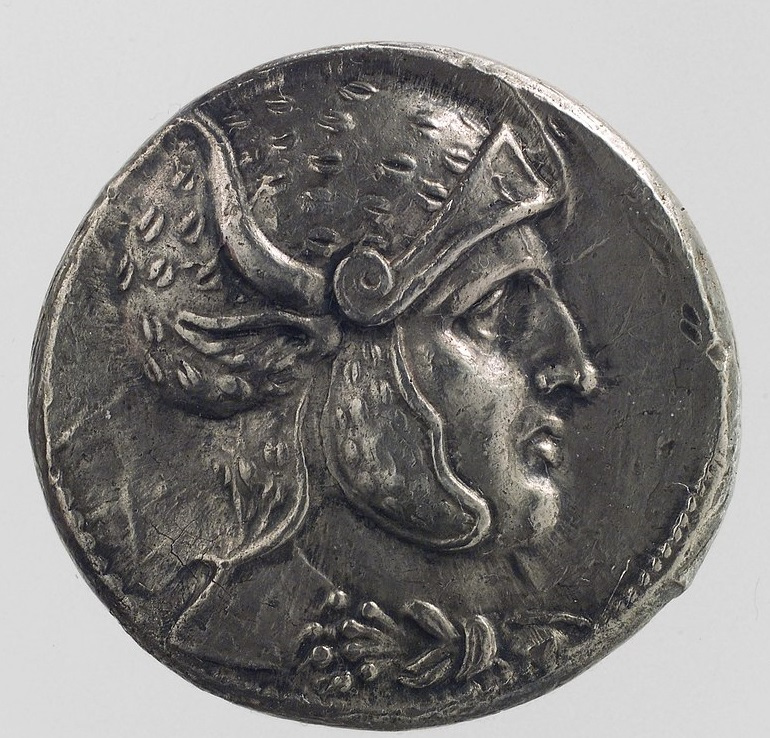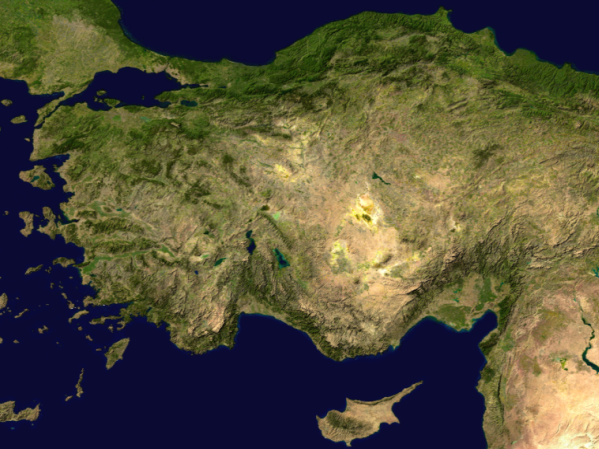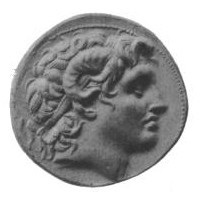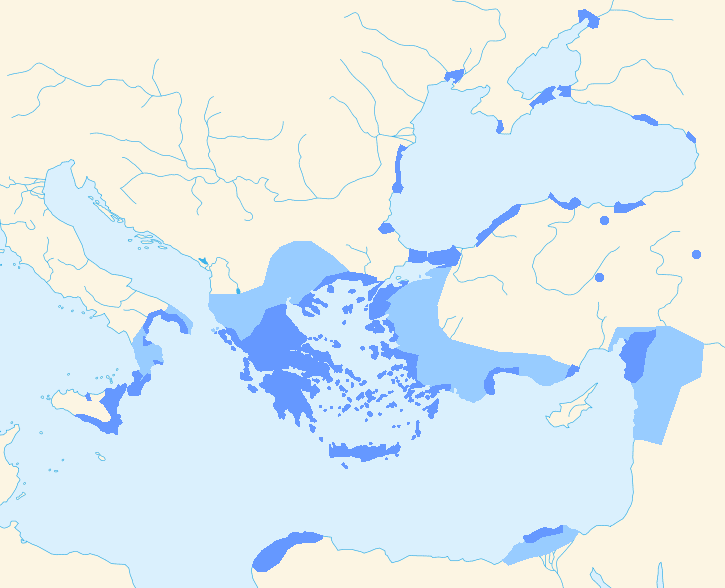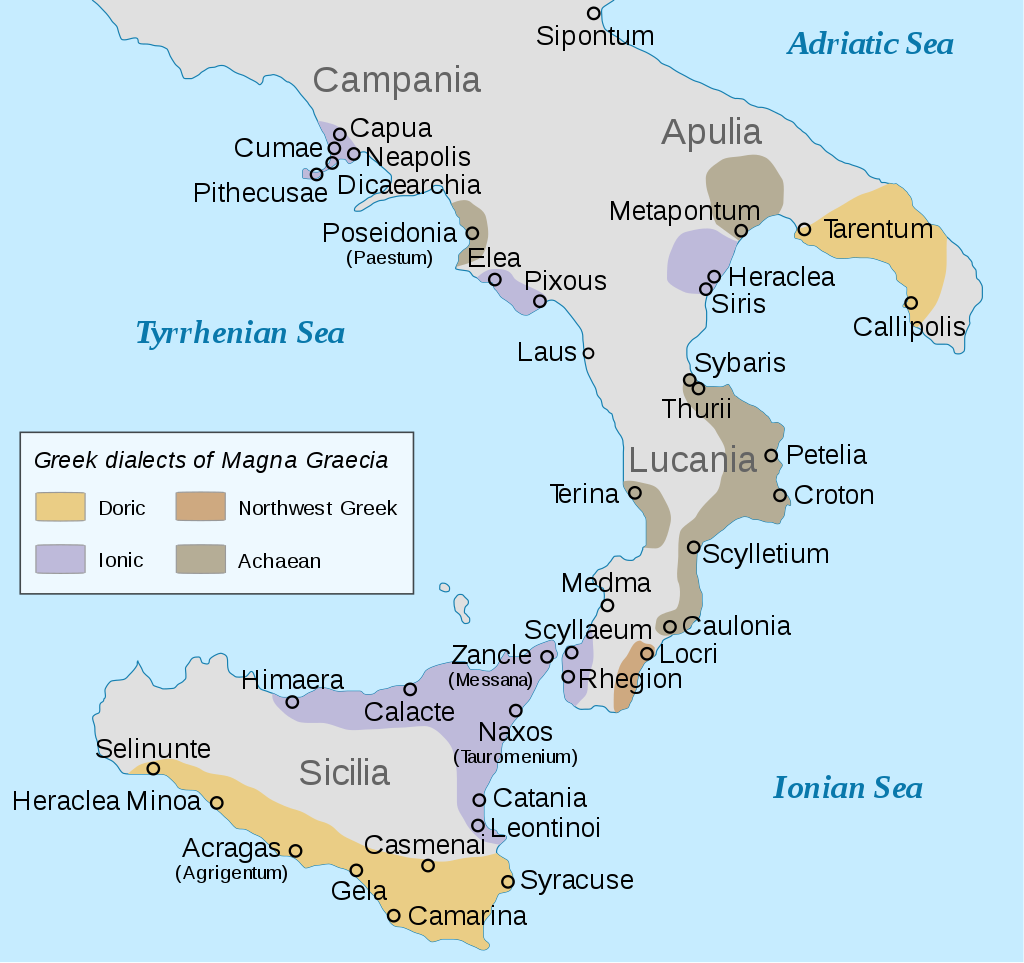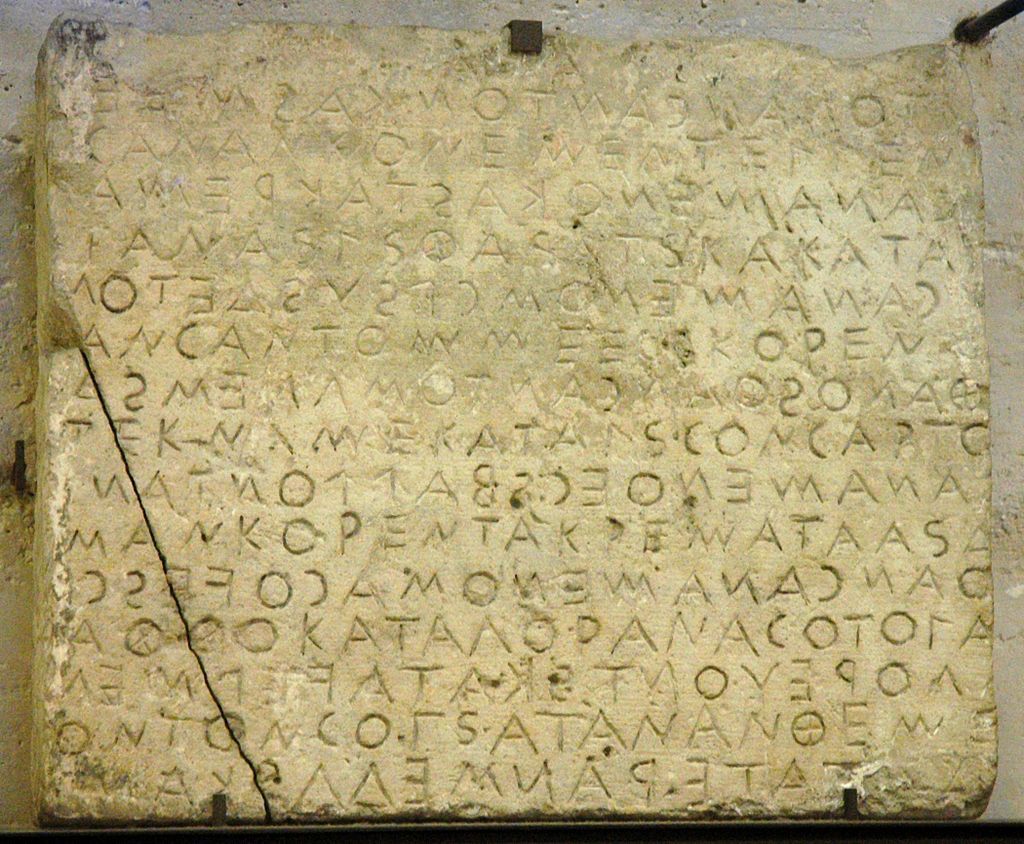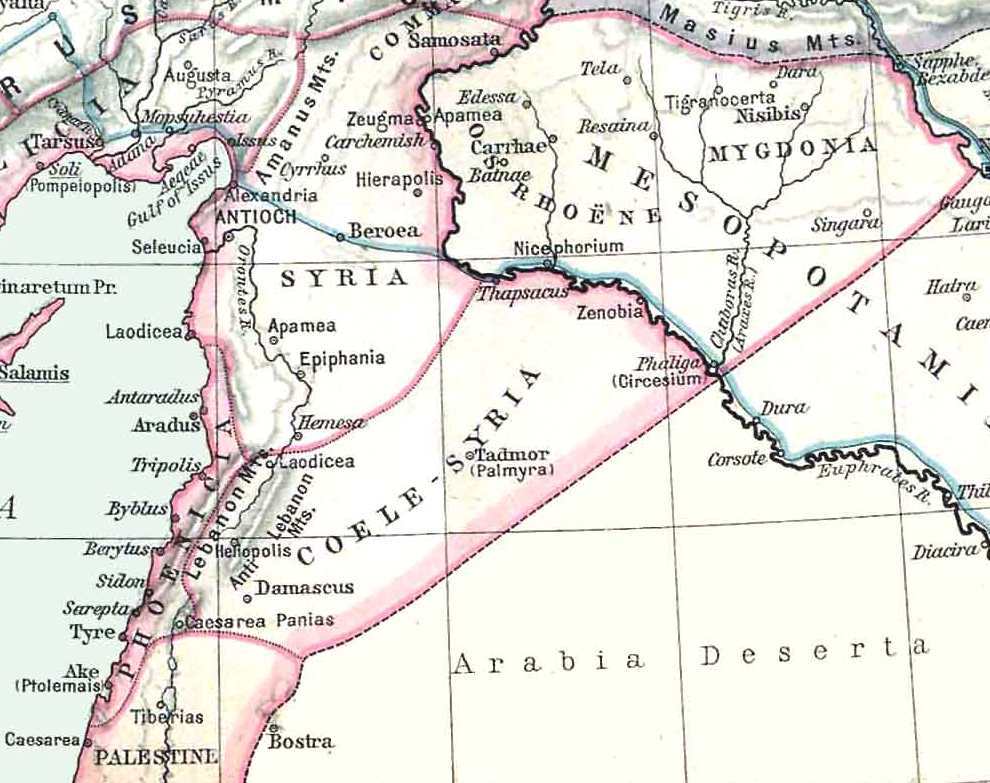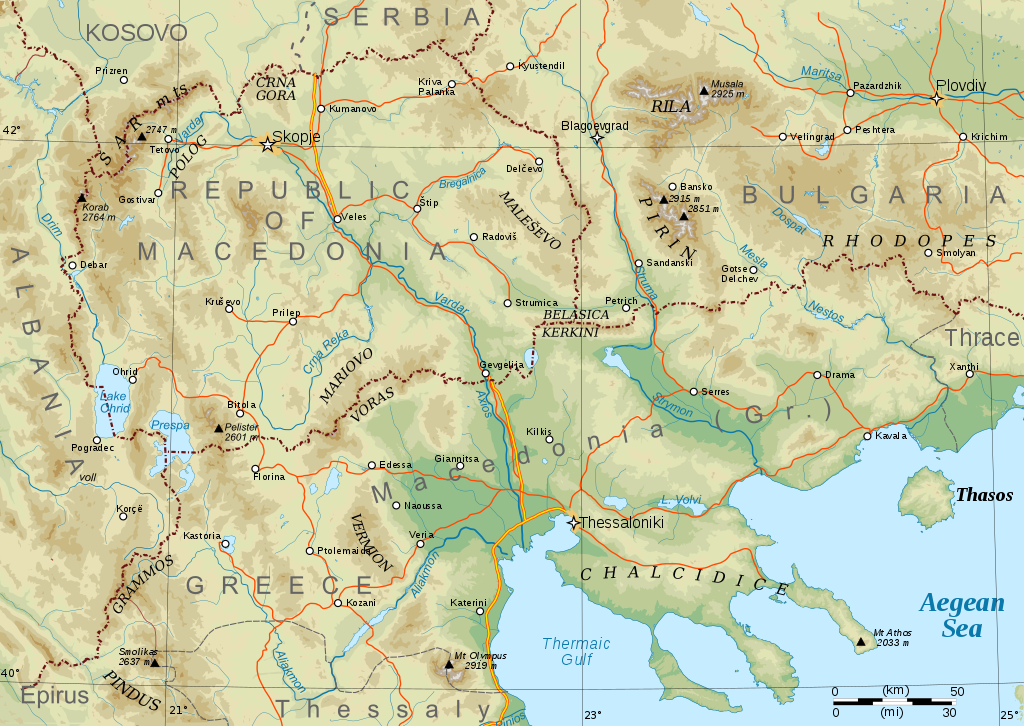With the assassination of Agathocles in 282 came the perfect opportunity for Seleucus to strike Lysimachus’ territories in Thrace and Macedon. The number of Hellenistic kingdoms is now rapidly dwindling- aside from the behemoth of the Seleucid realms, there’s only Lysimachus’ domains, Epirus and Egypt left. With Ptolemy now dead and a potential rival heir in Seleucid hands, the stage is set for a showdown between Lysimachus and Seleucus to see who will be the last successor standing…
Sources for this episode: 1) Bevan, E. R. (1902), The House of Seleucus (Vol. I). London: Edward Arthur. 2) Lendering, J., Livius (2002, modified 2020) Diadochi 10: Lysimachus and Seleucus (online) [Accessed 24/01/2021]. 3) Author unknown, Wikipedia (date unknown), Lysandra (online) [Accessed 03/02/2021]. 4) Author unknown, Wikipedia (date unknown), Diadochi (online) [Accessed 03/02/2021].
